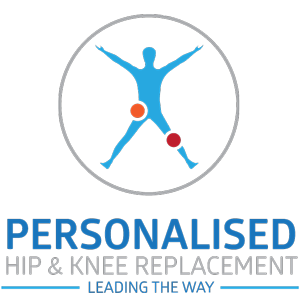Do you need a knee replacement? Signs to look out for
If you find yourself suffering from painful knees that are getting in the way of everyday living activities, then you really need to take heed of what your body is telling you. This is because osteoarthritis of the knee is debilitating and progresses slowly, which means that once you have the condition the damage is already done. Below we explore some of the warning signs.
Visual changes to look out for
It is very important to note if there are any visual changes to your knee. The most notable sign will be that of swelling around the knee joint. This may also affect the lower leg and is usually a result of inflammation. If you do see any visual changes to either knee, then you will need to seek medical advice.
Painful knees
Having a painful knee is usually the first sign that something is wrong. Sometimes pain is only felt during activity, so for example when walking or climbing the stairs, but not when at rest. Other individuals may experience delayed pain. This may be after you have been for a walk or climbed the stairs, and once again can be a warning sign that your knees need to be investigated. A final point about pain is that sometimes painful knees can keep you awake at night.
Difficulty in movement
One huge sign to look out for is when you have difficulty moving about. For example, getting in and out of the car may become increasingly problematic because of the low seat, causing pain and making it difficult for you to bend your knees. This is most probably due to osteoarthritis of the knee. If you also feel that the joint is catching, then this can be a sign of further deterioration.
Difficulty doing what you love
When it becomes increasingly difficult to do what you love, such as driving or gardening, then you really need to seek medical help and investigate the possibility of a knee replacement. Pain that hinders your daily activities of living should always be investigated.
If you do find yourself exhibiting any of these signs then it is always best to contact your GP who may then refer you to an orthopaedic surgeon for further investigations.





